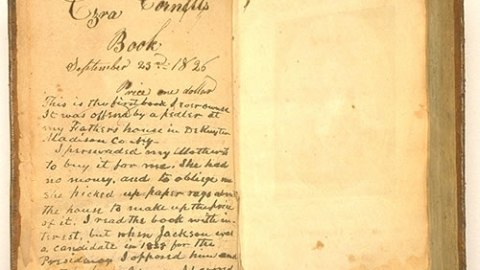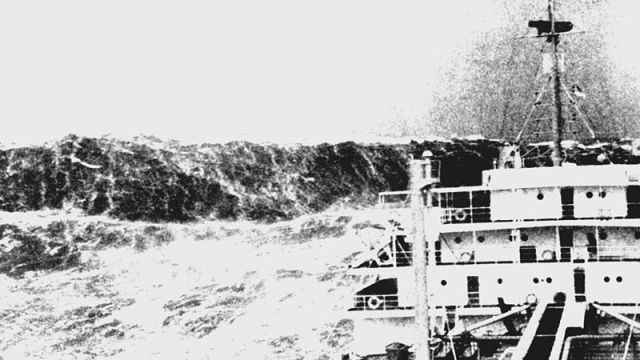“Sequel” to Catcher in the Rye Banned

The New Times’ Art Beat blog has been covering J.D. Salinger’s attempt to prevent an alleged sequel to his famous “Catcher in the Rye” from being sold in the U.S. The book in question, “60 Years Later: Coming Through the Rye”, was written by the Swede Fredrik Colting under the pen name J.D. California.
Colting’s lawyers are calling “60 Years Later” both a sequel and a parody—both are legal ways of using another’s work in conjunction with your own. But the courts are calling it plagiarism and thus far Salinger is succeeding at keeping the book off American shelves.
The brief presented by Salinger’s lawyers reads like erudite literary criticism claiming that the transformative power necessary to parody is lacking in Colting’s sequel. Colting imagines Holden Caulfield as Mr. C., an old guy roaming New York City again, recalling the last time he was there (Catcher in the Rye).
Salinger is notoriously protective of the rights to his books. He has turned down several film offers, including one by $teven $pielberg. Admittedly, that “Catcher” has sold 35 million copies may make Salinger’s financial decisions a little easier. “There’s no more to Holden Caulfield,” he says. “Read the book again. It’s all there. Holden Caulfield is only a frozen moment in time.”
On J.D. California’s side are media corporations including The New York Times and Tribune who have an obvious interest in expanding the freedom of the press. They have written amicus briefs on California’s behalf citing the first amendment and the dangers of book banning. They think money is recompense enough for any damages incurred by violating Salinger’s intellectual property rights.
If you can’t keep your hands off a scandal, “60 Years Later: Coming Through the Rye” is available in the U.K. In a challenge to California’s originality, one Amazon reviewer wonders why the 76 year-old Caulfield still talks like he’s 16 and why Caulfield recalls the events described in “Catcher” rather than telling what he eventually made of his life.





